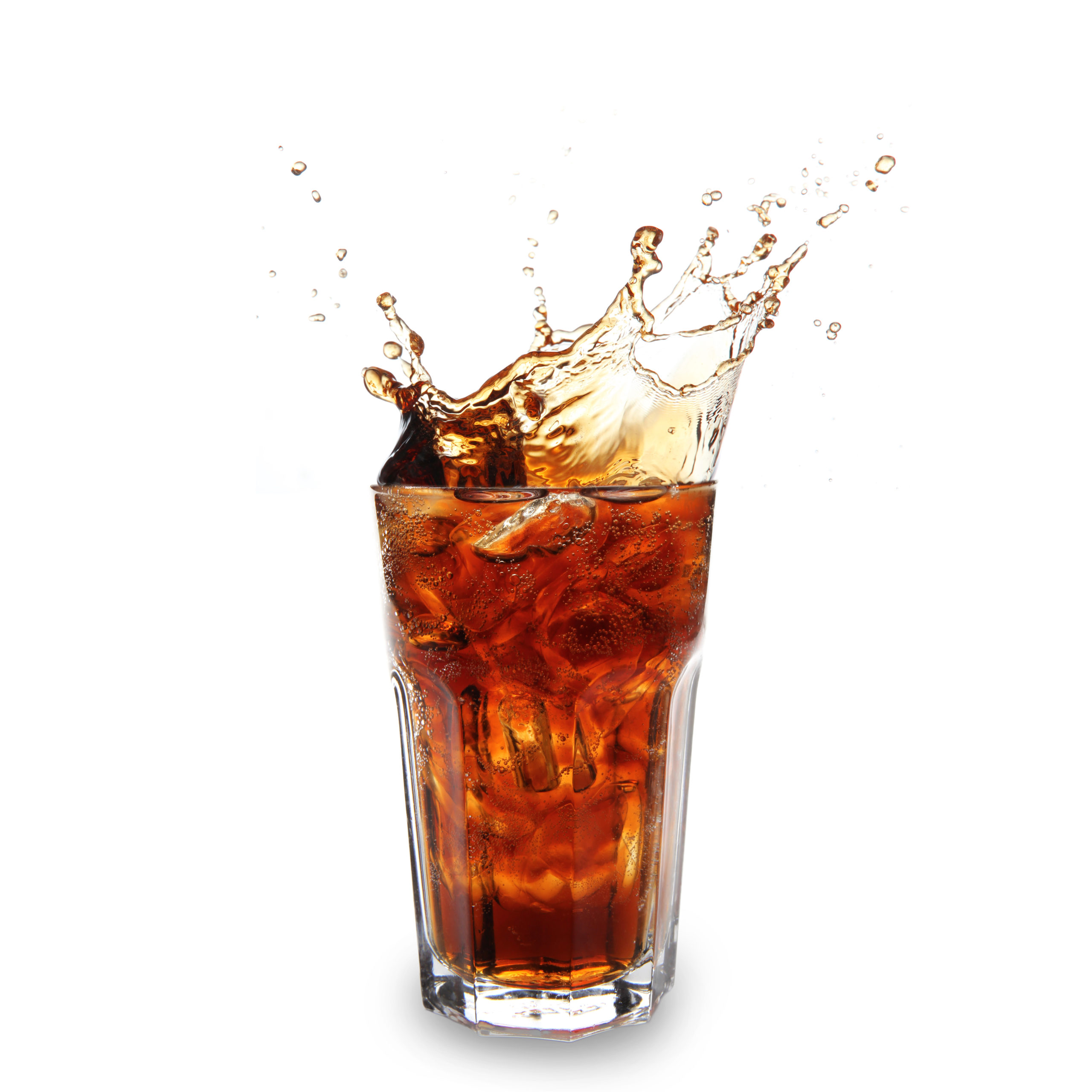Diet soda, known for its crisp and sugary taste, has been around for a long time; targeting people who are looking to enjoy a sweet drink without maxing out their daily calorie intake. It is a product of the diet and weight-loss industry that is worth $66 billion and aiming for consumers who want to change their body composition. Choosing diet over regular soda is definitely appealing to those looking to reduce their sugar and/or calorie intake, but at what cost? Although seemingly less harmful, the health effects of diet drinks and artificial sweeteners are controversial.
What is Diet Soda Made of
Essentially a mixture of carbonated water, artificial sweeteners, acids and additives, diet soda has no nutritional value and can negatively affect health over time. According to a study done by the University of Minnesota, excess consumption of diet soda is linked with a 36% increased risk of metabolic syndrome. Metabolic syndrome includes conditions such as high blood pressure, elevated glucose levels and raised cholesterol. All of which increase risk for heart disease, stroke and diabetes.
What are the Risks of Drinking Diet Soda
A study of over 81,000 women found that women who drank two or more diet sodas a day were 31% more likely to have a clot-based stroke and 29% more likely to have heart disease. The chances increased in women ages 50-79, African-American women, and those with a body mass index (BMI) of 30 or greater.
According to CNN Health, the women who consumed more than two servings of diet soda and sugary beverages a day had a 63% increased risk of premature death, compared to those consuming less than one per month. Men who did the same study, had a 29% increased risk. Those who consumed moderate amounts experienced a dosage effect, the more beverages they drank, the greater the increased risk.
Although all of this information may seem daunting, diet sodas and artificial sweeteners are safe when used in moderation, according to the FDA. The five FDA approved artificial sweeteners are aspartame, saccharin and sucralose, the sweeteners most commonly found in diet soda.
According to Katherine Zeratsky, R.D., L.D., the artificial sweeteners and other chemicals commonly used in diet soda are safe for most people when consumed in reasonable amounts.
Alternatives to Diet Soda
For those looking to lose weight, the American Heart Association claims that short-term use of low calorie and artificially sweetened drinks to replace sugary ones can be effective. Artificial sweeteners are 200-13,000 times sweeter than regular sugar, making them effective in curbing sugar cravings or satisfying the sweet tooth. Dr. Sanjay Gupta, chief medical correspondent for CNN, only advises this approach to those who find it difficult to make the immediate switch from sugary drinks to water.
When deciding what to put in your body, there are always pros and cons to consider. Knowing the risks associated, consumers choosing to make diet soda a part of a balanced diet is not necessarily harmful. Low calorie and diet drinks can be effective in reducing caloric intake, if they are not relied on heavily. Just like anything in your diet, an occasional diet soda has little effect on the average healthy individual, the negative health risks maybe be greater in certain populations, and overall risks are increased with greater consumption.
Related Articles:
Try Turmeric, our new superfood
5 Heart Health Veggies to Add to Your Salad Now!

